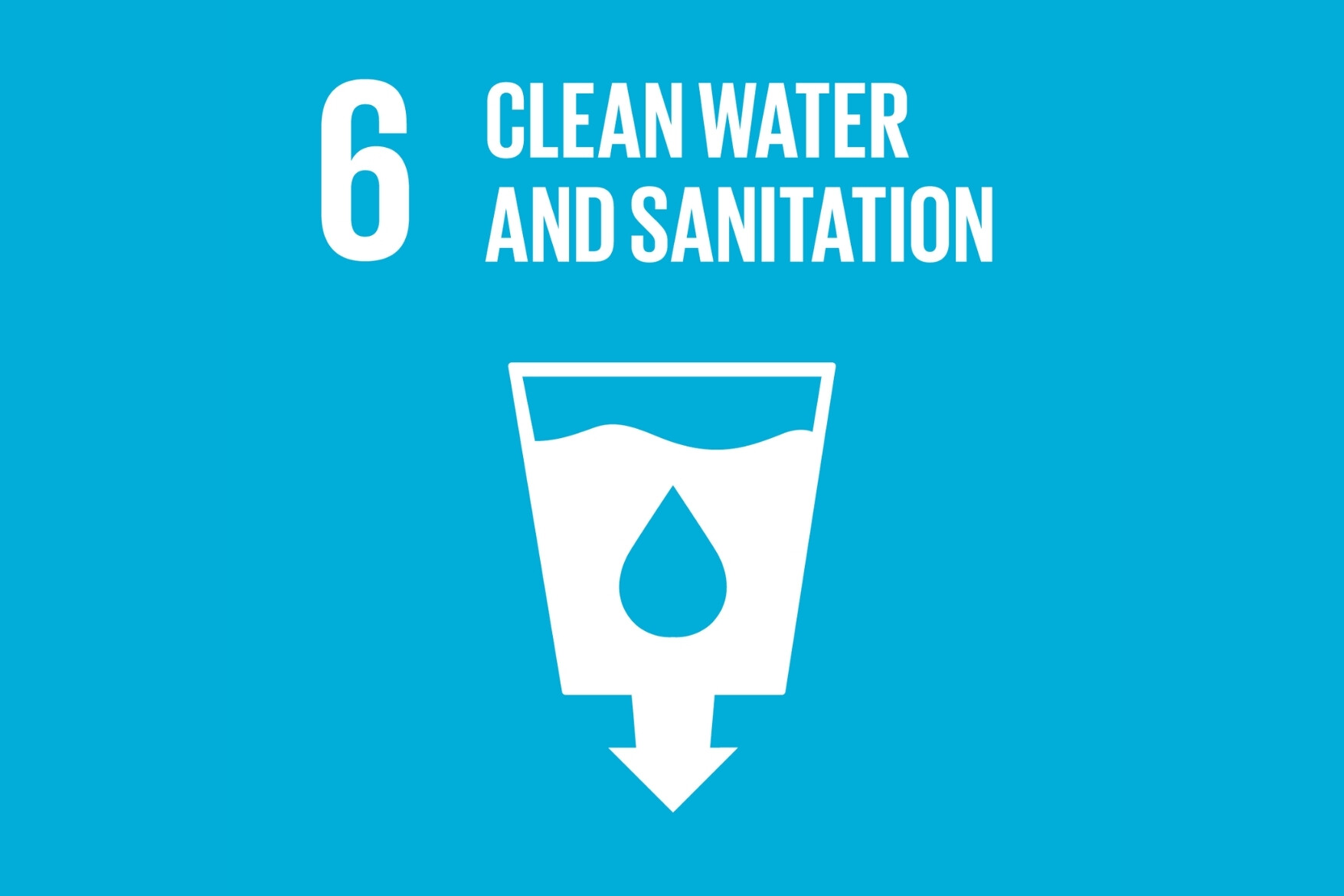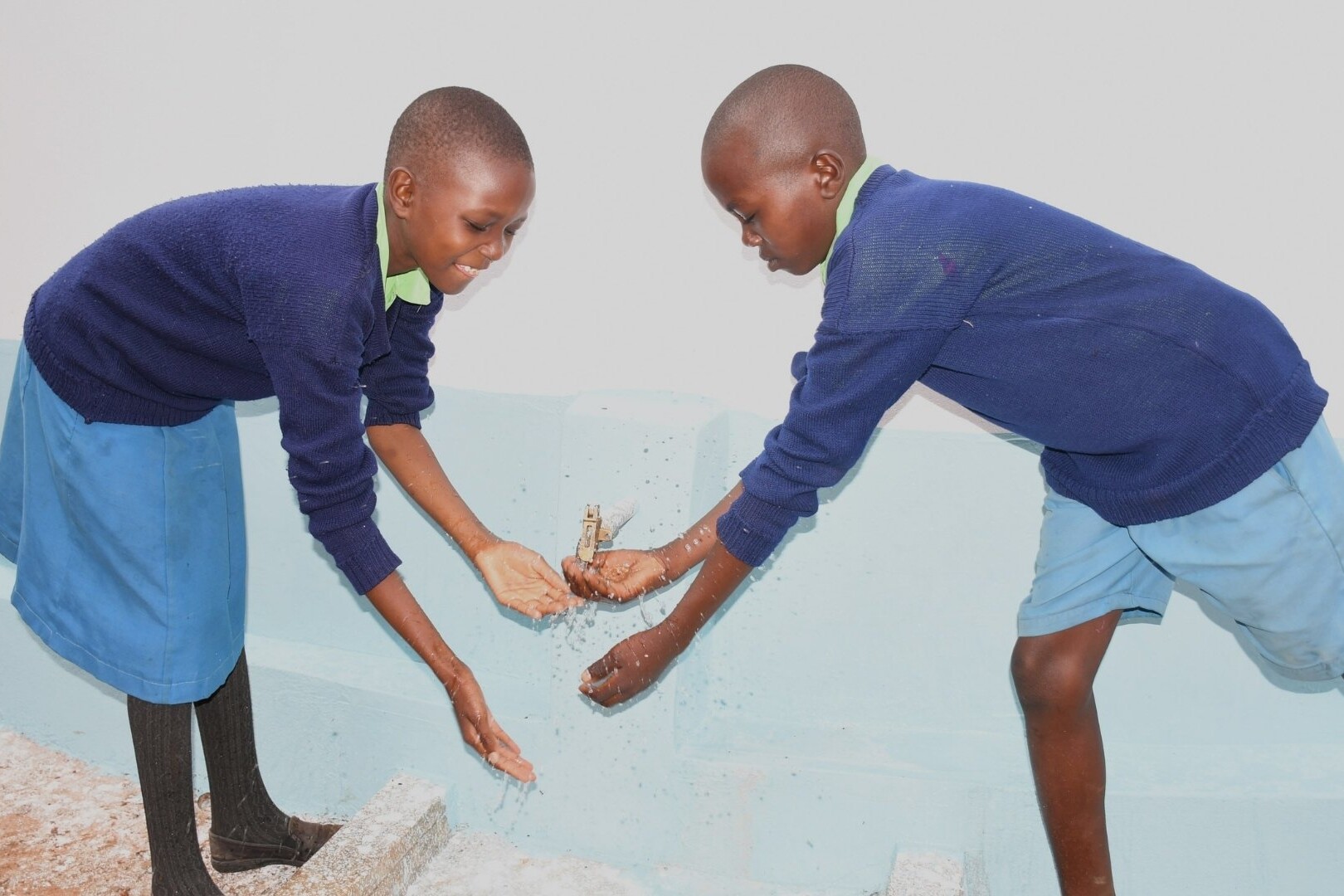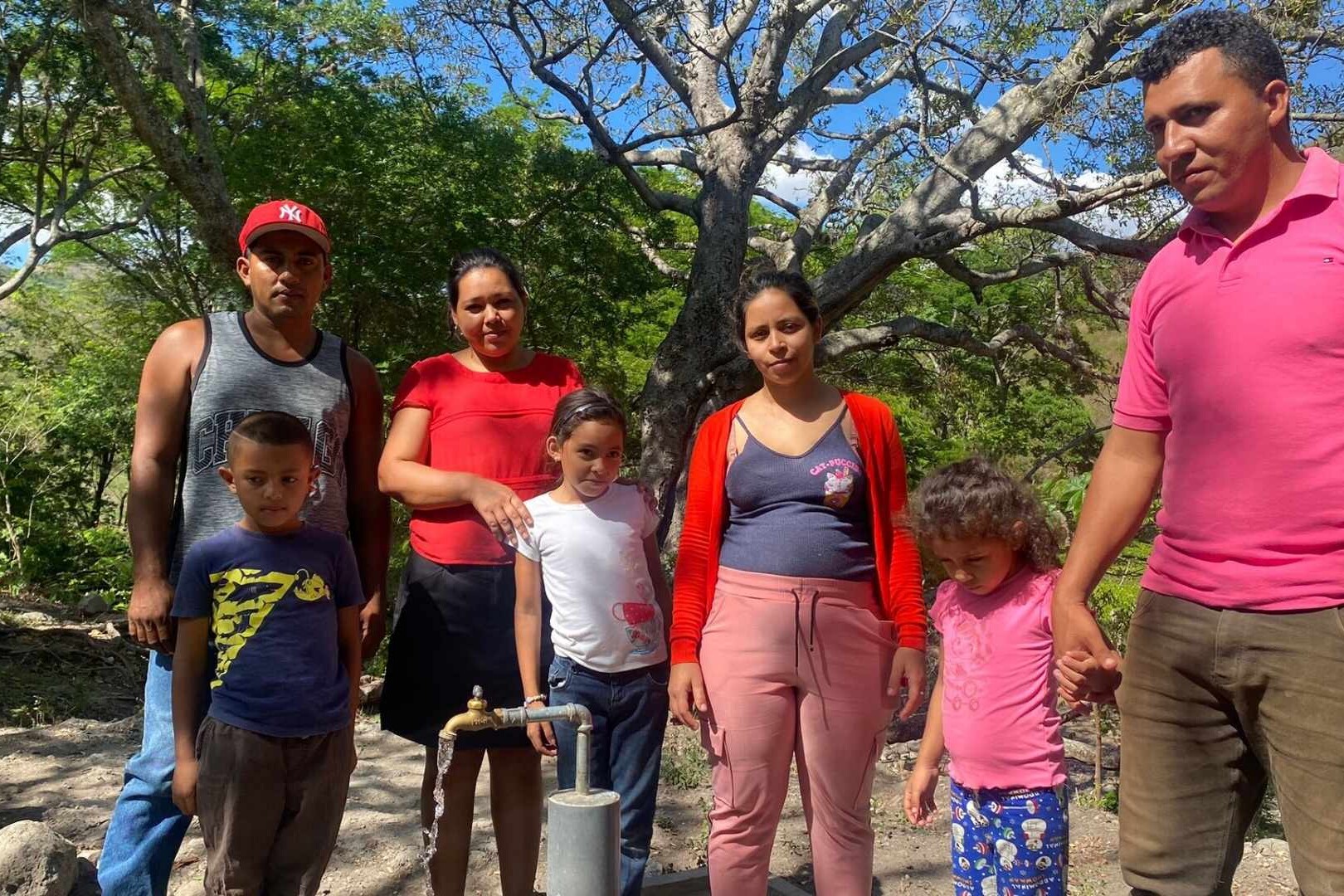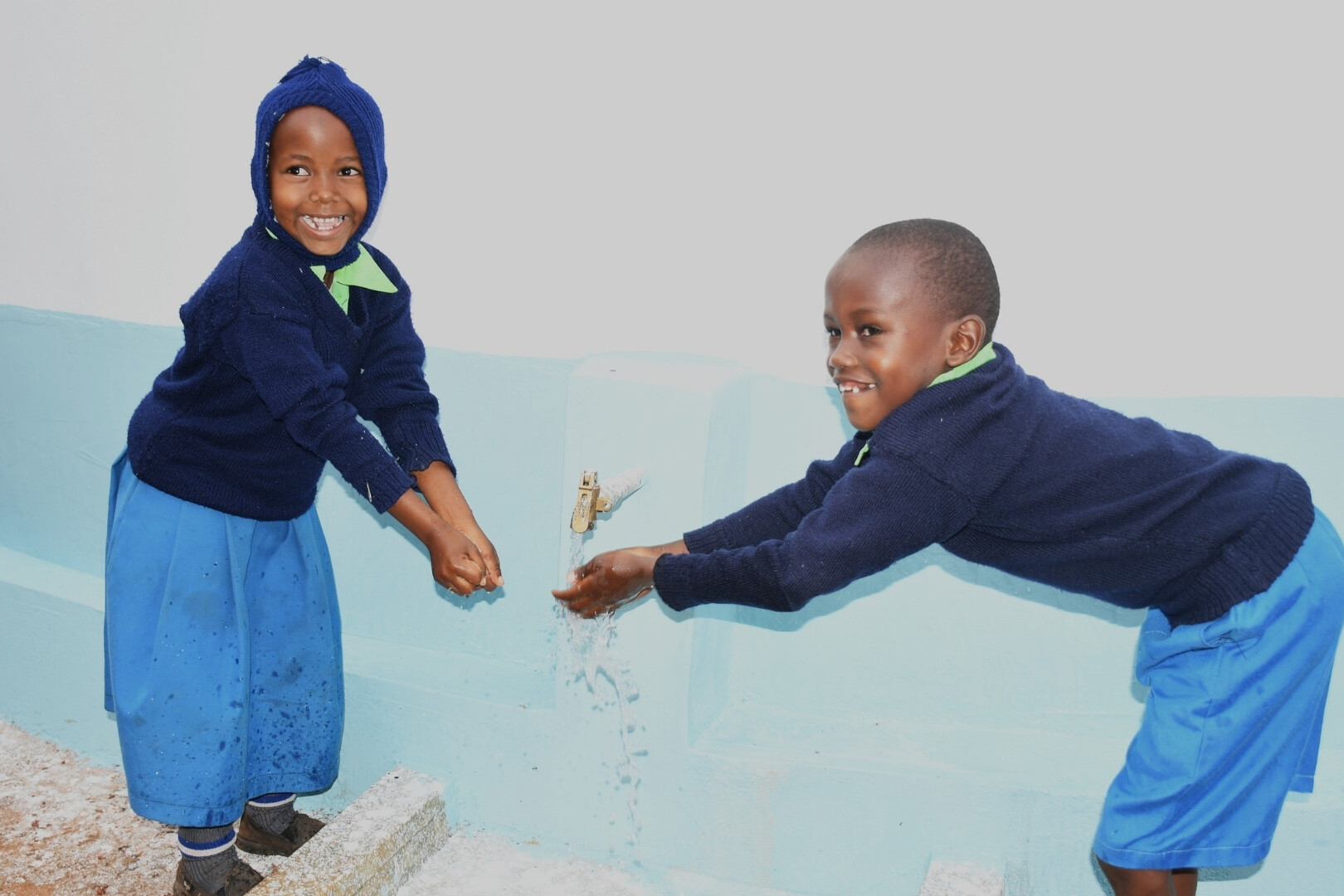Article
15th April 2023
5 minute read

United Nations Sustainable Development Goal 6
For those of you who follow Just a Drop, you will have heard the term ‘SDG 6’ countless times. But what is it, and where are we in terms of achieving it?
For those not familiar with the United Nations Sustainable Development Goals (SDGs), they are a group of 17 targets for the global community to achieve by 2030, with the aim of fostering “peace and prosperity for people and the planet, now and into the future”. The SDGs were adopted in 2015 and address various themes such as poverty, inequality, and the environment. SDG 6 focuses specifically on clean water and sanitation, its aim being to:
“ensure availability and sustainable management of water and sanitation for all”.
Followers of Just a Drop will know that it is SDG 6 which our work directly contributes towards, and all of our work adheres to the definition set out in the goal’s wording. Each of our projects, in one way or another, provide clean water, sanitation, or hygiene to people who were previously without it. Each of our projects are also sustainable, both via our seven-year monitoring policy, our training of local communities in project maintenance, and our Net Zero by 2040 goal.
Should you like to read more about Just a Drop’s impact on SDG 6, or the Sustainable Development Goals in general, please see our website pages related to these. In this article, we look to undertake an analysis of the global state of SDG 6, how much progress we have made, and how much we have left to do.
Climate change and population growth have put pressure on the world’s water supply like never before, with the most recent estimates suggesting that 2 billion people currently live without access to safe water. The statistics for hygiene are not much better, with 1.9 billion people lacking access to basic hygiene services in 2022.
The situation is considerably worse with regards to sanitation, as 3.5 billion people lack access to safely managed sanitation worldwide, of which 419 million are forced to practice open defecation. Aside from the health implications of open defecation, it also carries considerable risks for women and girls, who risk harassment and sexual violence, particularly at night. This shows the often dangerous and sometimes life-threatening implications of not having access to water, sanitation, and hygiene. This is equally why provision of them is so vital.

World Water Conference 2023
On World Water Day earlier this year the United Nations hosted the three-day World Water Conference (WWC) in New York. The conference aimed, in UN Secretary-General Antonio Guterres’ words, to “bring the Water Action Agenda to life” (the Water Action Agenda is the UN’s practical blueprint for how the goals set out in SDG 6 can be achieved). Currently, the United Nations estimates that to reach these goals by 2030, the global rate of progress must multiply by at least four times. Against this backdrop, immediate and stark commitments were required by global water and sanitation actors. However, an analysis of the commitments made during the conference, by the World Resources Institute (WRI), suggested that the commitments still fell far short of what is required to fulfil SDG 6. Of the 719 commitments pledged by governments, finance institutions, NGOs, and corporations, the WRI found that only a quarter were genuine “game changers”. The reasons most commonly identified for falling short were inadequate financing mechanisms, unquantified targets, and lacking consideration for climate change.
Naturally, there were commitments which were genuine gamechangers. Through the Continental Africa Water Investment Programme (AIP), the African Union Commission aims to close Africa’s water investment gap by mobilising at least US$30 billion per year by 2030 through a range of initiatives, including the International High-Level Panel on Water Investments for Africa. The Government of Mozambique committed to taking all necessary steps to accelerate achievement of SDG 6 by 2030 with investments of $9.5 billion.
Overall, however, the World Water Conference saw another intergovernmental summit be marked by impressive commitments in too small a number. The context under which the summit took place was clear, we have fallen behind and we need to change our approach if we are to reach the SDGs’ targets by 2030. The commitments made at this year’s summit, as highlighted by the WRI, fell short of the commitment and investment that the global WASH sector requires to achieve the international community’s targets.

Just a Drop’s Work
It is in this context that localised, high impact non-governmental organisations like Just a Drop play a huge role in meeting international objectives which are vital not only to people’s wellbeing but also to their survival. Since our founding in 1998, we have helped 1.9 million people in 32 countries to access water, sanitation, and hygiene. It is with absolute urgency that governments, international institutions, and the global community must invest in organisations and projects with on the ground experience, mechanisms, and frameworks in place to be able to provide the water and sanitation assistance which many people so desperately need.
As we approach the Sustainable Development Goals’ deadline and beyond, our work will continue to change the lives of the people we serve. Every day, Just a Drop helps real people to access lifechanging water and sanitation resources and no one person is too small to make a difference. For example, just £1.20 can provide a Kenyan family with safe water for a year. Any support which you can give to Just a Drop will contribute towards the provision of global water, sanitation, and hygiene provision, and there is absolutely nothing small about that. So visit the donate page here, or share this article if you can. Together, with people like you, we can be the difference.
